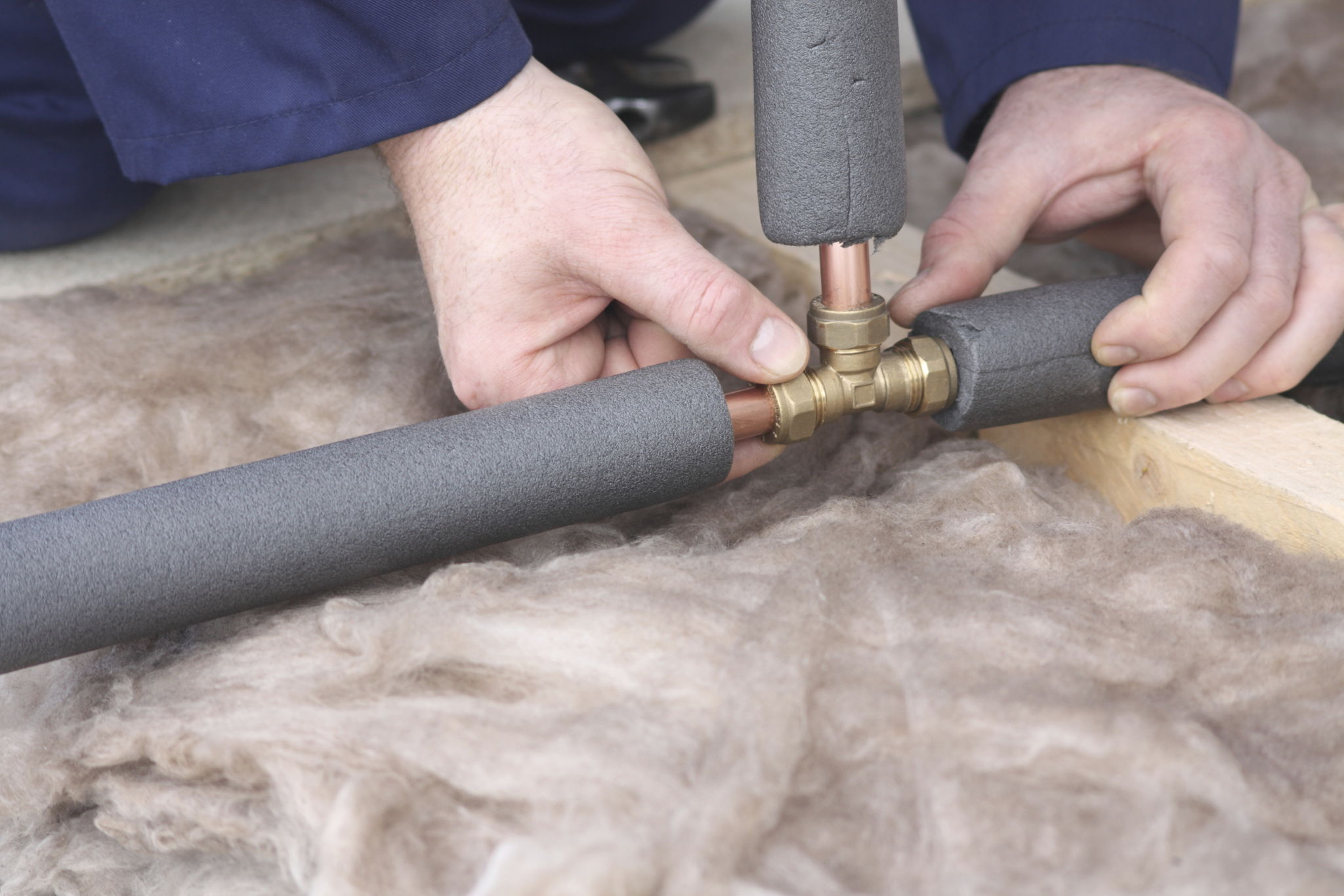Common Causes of Plumbing Leaks and How to Prevent Them
Understanding Plumbing Leaks
Plumbing leaks are a common issue that many homeowners face, but understanding their causes and how to prevent them can save you time, money, and stress. Leaks can lead to significant water waste and even structural damage if not addressed promptly. In this post, we'll explore some of the most common causes of plumbing leaks and provide practical tips on how to prevent them.

Corrosion in Pipes
One frequent cause of plumbing leaks is corrosion. Over time, metal pipes can corrode due to chemical reactions between the water and the pipe material. This corrosion can lead to small holes and leaks. To prevent corrosion, consider installing plastic pipes or regularly inspecting your metal pipes for signs of rust and wear. Additionally, maintaining a neutral pH level in your water supply can help reduce the rate of corrosion.
High Water Pressure
While high water pressure might feel great during a shower, it can put a strain on your plumbing system and lead to leaks over time. Excessive pressure can cause joints, faucets, and pipes to weaken and eventually fail. To avoid this, install a water pressure regulator to ensure your home's water pressure remains at a safe level. Regularly checking and adjusting the pressure can significantly extend the life of your plumbing system.

Clogged Drains
Clogged drains are another common culprit behind plumbing leaks. When drains are blocked, water pressure increases behind the clog, which can lead to leaks or bursts in pipes. To prevent clogs, avoid disposing of grease, hair, and large food particles down your drains. Regular use of drain covers and periodic cleaning with natural solutions like baking soda and vinegar can help keep your drains clear.
Temperature Changes
Extreme temperature changes can cause pipes to expand and contract, leading to cracks and leaks. This is especially common in areas with harsh winters where pipes can freeze and burst. To mitigate this risk, insulate your pipes in cold areas of your home. During particularly cold spells, keep a slow trickle of water flowing through faucets to prevent freezing.

Poor Installation
Sometimes, plumbing issues arise from poor installation practices. Incorrectly fitted pipes or substandard materials can lead to leaks over time. When installing new plumbing or replacing old systems, always hire a qualified professional to ensure the job is done correctly. Additionally, using high-quality materials will ensure long-lasting results.
Regular Maintenance
Finally, one of the best ways to prevent plumbing leaks is through regular maintenance checks. Inspect your plumbing regularly for any signs of wear or damage, and address small issues before they become major problems. Implementing a proactive maintenance schedule can help identify potential issues early and keep your plumbing system running smoothly.
By understanding these common causes of plumbing leaks and taking steps to prevent them, you can protect your home from costly repairs and maintain an efficient plumbing system. A little effort in prevention today can save you a lot of trouble tomorrow.